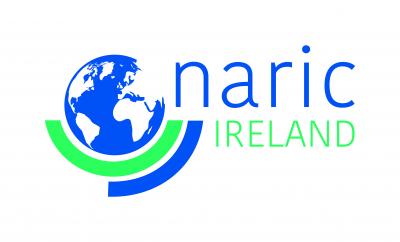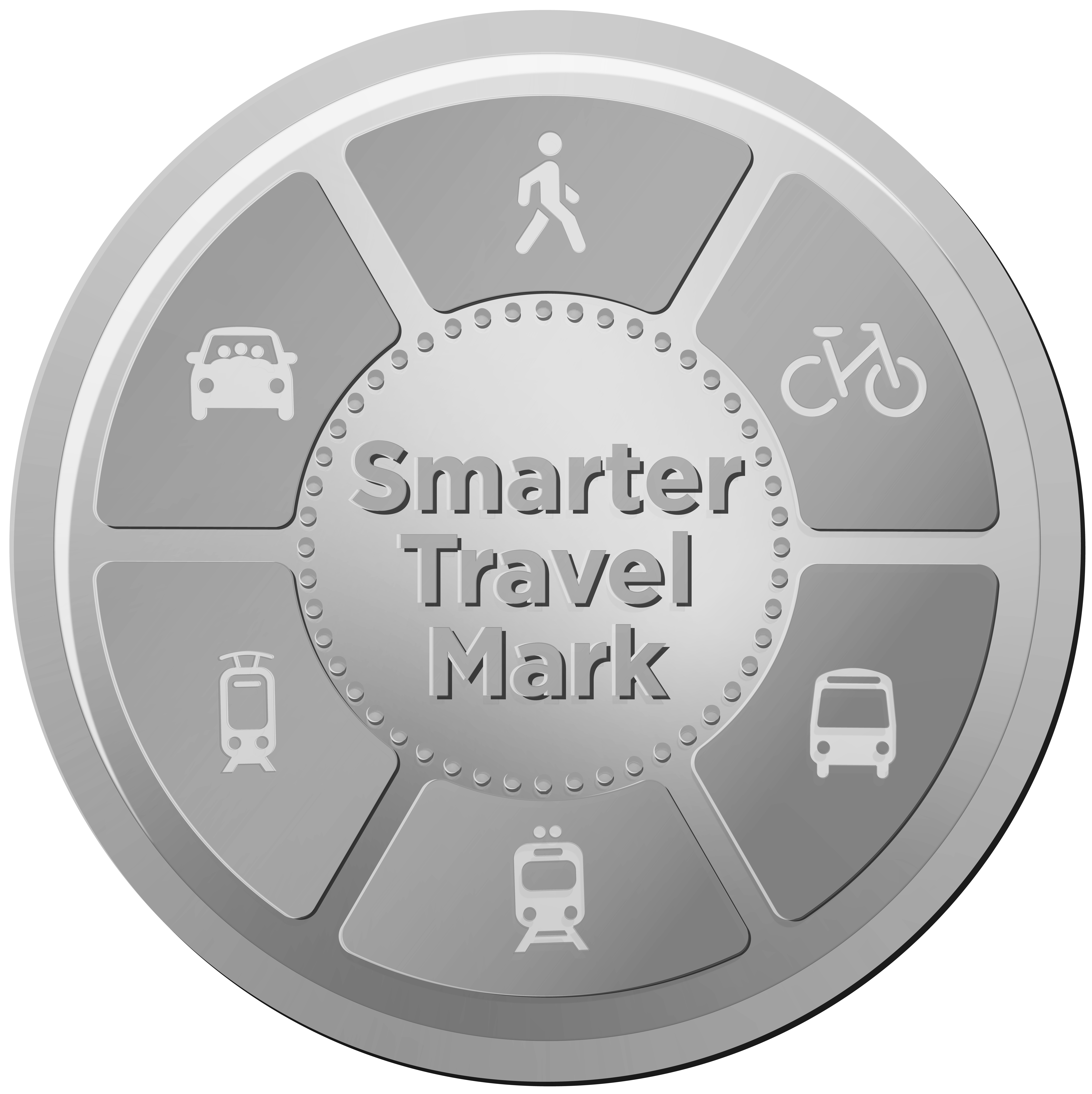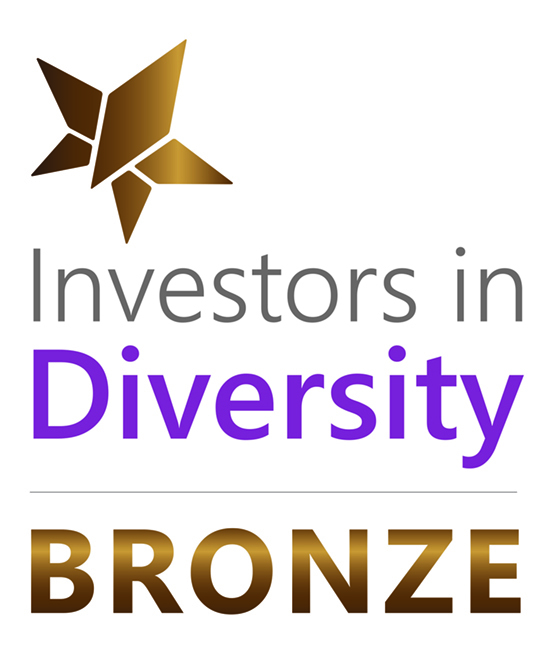Recognition of foreign qualifications
The searchable Foreign Qualifications Database of the National Academic Recognition Information Centre (NARIC), has over 1700 qualifications from more than 160 countries and allows you to download a comparability statement that compares your academic qualification to an Irish qualification of a similar major award type and level on the Irish National Framework of Qualifications (NFQ), where possible.
If your qualification is not listed in the database you can apply for advice on the general academic recognition of your qualification here.
You should note that:
- a comparability statement only provides advice and is not a legal document
- your qualification should be awarded by a nationally recognised awarding body in your country of origin
- decisions on recognising your qualification for employment, training or educational purposes will be made by the individual employer or education and training admissions staff
- If you have a professional qualification, decisions on recognition are made by the appropriate Irish authority for your profession
Guides to using the database are available below.
Using the NARIC foreign qualifications database
NARIC Guide - English (0.6 MB) NARIC Guide - Arabic (0.7 MB) NARIC Guide - Gaeilge (0.5 MB) Naric Guide - Chinese (0.6 MB) NARIC Guide - French (0.6 MB) NARIC Guide - Polish (0.5 MB) NARIC Guide - Portuguese (0.5 MB) NARIC Guide - Russian (0.6 MB) NARIC Guide - Ukrainian (0.6 MB) NARIC Guide - Spanish (0.5 MB)NARIC Ireland provides advice on the academic recognition of a foreign qualification by comparing it, where possible, to a major award type and level on the Irish National Framework of Qualifications (NFQ).
Decisions on professional recognition are made by the appropriate Irish authority for your profession. We do not comment on professional awards, regulated professions, licences to practice or agreements made between different sectors of industry from one or more countries.
General information on regulated professions and professional recognition in Ireland.
NARIC Ireland is a member of ENIC-NARIC, the European Network of Information Centres-National Academic Recognition Information Centres. This network offers advice on the recognition of qualifications across Europe by providing information on education, training, and qualifications systems within individual countries. It uses the Lisbon Recognition Convention to ensure qualifications obtained in one country are recognised in all the others.
If you would like to have your Irish qualification recognised abroad, we recommend the following resources:
- For higher education and training qualifications - ENIC-NARIC.
- For further education and training qualifications - refer to the National Reference Point for the country in question.
NARIC Ireland is involved in national and international projects aimed at developing and promoting best practice in the recognition of foreign qualifications.
Through Erasmus+, we are currently participating in the following projects with partners from other ENIC-NARIC centres:
- ARAQUA: Road to Automatic Recognition of Higher Education Access Qualifications aims to explore higher education access qualifications in the project partner countries in order to map these qualifications and develop recommendations for NARICs and higher education institutions for their automatic recognition. For more information on this project and project partners click here
- OCTRA 2: Online course catalogues and databases for transparency and recognition 2 aims to explore further the role of online course catalogues of higher education institutions (HEI) in the project countries with a special focus on the micro-credentials in order to ensure support to HEIs in providing reliable information for recognition about higher education (HE) qualifications including micro-credentials that in future may lead to automatic recognition of HE qualifications. For more information on this project and project partners click here
- MARTe – A technological approach to micro-credentials aims to support and promote the European Education Area objectives and the application of the automatic recognition concept. The project aims to explore the possible applications of automatic recognition to micro-credential, by applying the text mining technology to learning outcomes. The project foresees a pilot stage during which it will be possible to test the development, the release and the recognition of a micro-credential provided by a non-traditional institution.
- AR25 – Automatic Recognition in the EEA, 2025 aims to promote and implement the Council Recommendation on promoting automatic mutual recognition of higher education and upper secondary education and training qualifications and the outcomes of learning periods abroad. AR25 aims to support the recognition of learning periods of upper secondary education through mapping national agreements on recognition. Moreover, the project intends to consolidate skills between institutions in the field of micro-credential evaluation.
People with refugee status or who have subsidiary protection, have the right to seek and enter employment, to carry on business, trade or professions, and to access education and training as a citizen.
NARIC Ireland services support the fair recognition of qualifications from home in line with the Lisbon Recognition Convention)
Our supplementary ‘Rough guides’ further support the work of recruiters, guidance personnel, information officers, employers, education and training providers, schools, Institutions, competent authorities and credential evaluators who meet with refugees and their families.
The Rough Guides put our current information on qualifications and the education and training system from each country together into a single document to support recognition decisions. Recognition decisions are not made by NARIC Ireland.
Our learning is gratefully drawn from many authoritative sources that are part of the recognition policy, ENIC-NARIC and Credential Evaluator community globally.
Credential Evaluators nationally will find the ENIC NARIC Manual helpful.
Please contact us if you would like to learn more about the European Qualifications Passport for Refugees (EQPR) developed by the Council of Europe. QQI is a recent signatory of this important initiative with support from colleagues in Technological University of the Shannon, Maynooth University, Munster Technological University, Dublin and Dun Laoghaire ETB, Limerick and Clare ETB, Cavan and Monaghan ETB Further Education Support Service.



